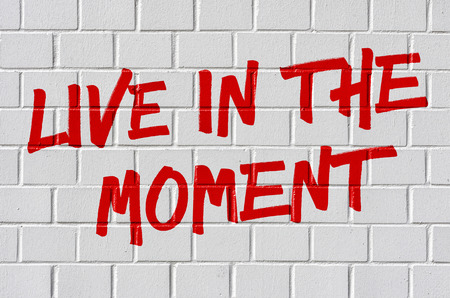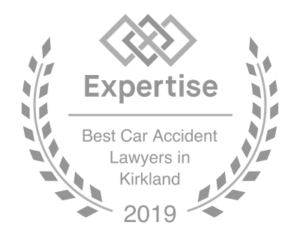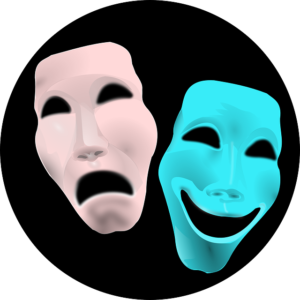 Having learned from Simon Rifkind all trials are plays, I sought a theatrical formula appealing to audiences over time that mirrors a personal injury case. I found Aristotle in Poetics sets forth what has become the classic formula for tragedy and it fits a personal injury case.
Having learned from Simon Rifkind all trials are plays, I sought a theatrical formula appealing to audiences over time that mirrors a personal injury case. I found Aristotle in Poetics sets forth what has become the classic formula for tragedy and it fits a personal injury case.
Plato and Aristotle argued about whether the study of tragedy is worthy of a philosopher’s time. Plato maintained all theater including tragedy is entertainment not rising to the level of philosophical interest. Aristotle disagreed. Aristotle argued tragedy at the highest level involves the audience. The audience feels the tragic plot in cause and effect sequences that mirror universal truth.
In high level tragedy two things happen to the audience. First, they pity the tragic hero. Second, they fear the tragic result (the adversity) could happen to them. Aristotle maintains when this occurs the audience experiences a cathartic event – a purification or spiritual renewal. According to Aristotle, when members of the jury identify with plaintiff, pity the tragic result dealt plaintiff, and fear the result could happen to them, a catharsis occurs in the verdict as the jury rights the wrong.
It is important to note tragedy is neither staged nor made up. As taught by Aristotle tragedy represents reality. People recognize tragedy and if possible want to remedy tragedy. When a personal injury case has the dynamics of tragedy we have a case worthy of trial production.
Post Footer automatically generated by Add Post Footer Plugin for wordpress.

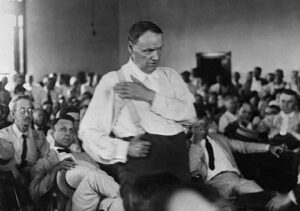 In Merton & The Tao (Dialogues with John Wu) we learn the Chinese concept of The Dao: ” The Cosmic Dao is imminent, always present and always emerging. It is creative but is not a supreme creator god who gives birth to the world through
In Merton & The Tao (Dialogues with John Wu) we learn the Chinese concept of The Dao: ” The Cosmic Dao is imminent, always present and always emerging. It is creative but is not a supreme creator god who gives birth to the world through 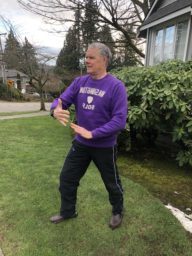 Movement has an important role in how our message is received. Movement communicates at the subconscious level. The subconscious level is where our emotions lie. Emotion is a prime motivator in decision making.
Movement has an important role in how our message is received. Movement communicates at the subconscious level. The subconscious level is where our emotions lie. Emotion is a prime motivator in decision making. 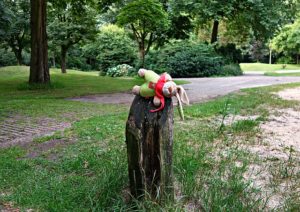 What is REAL asked the Rabbit one day, when they were lying side by side near the nursery fender, before Nana came to tidy the room. “Does it mean having things that buzz inside you and a stick-out handle?
What is REAL asked the Rabbit one day, when they were lying side by side near the nursery fender, before Nana came to tidy the room. “Does it mean having things that buzz inside you and a stick-out handle? In MERTON & SUFISM The Untold Story (Edited by Rob Baker and Gary Henry-FONS VITAE 2005) Thomas Merton discusses what he terms “Final Integration.” This is a state Confucius reached by age 70 and a mystical state to be strived for:
In MERTON & SUFISM The Untold Story (Edited by Rob Baker and Gary Henry-FONS VITAE 2005) Thomas Merton discusses what he terms “Final Integration.” This is a state Confucius reached by age 70 and a mystical state to be strived for: Thomas Merton says he cannot define le point vierge so he describes his sudden “realization” while on the corner of 4th and Walnut in Louisville with people in a shopping area:
Thomas Merton says he cannot define le point vierge so he describes his sudden “realization” while on the corner of 4th and Walnut in Louisville with people in a shopping area:
 This Fourth of July I am focusing on acceptance. Acceptance to me means lack of prejudgment. Acceptance means assuming another person has good qualities, Acceptance means finding the good qualities by engaging in nonjudgmental discussion. Even if we disagree there can still be acceptance.
This Fourth of July I am focusing on acceptance. Acceptance to me means lack of prejudgment. Acceptance means assuming another person has good qualities, Acceptance means finding the good qualities by engaging in nonjudgmental discussion. Even if we disagree there can still be acceptance.